|
When one teaches a student to use certain critical reading/editing skills it can be tough to keep the basic difference in ability in mind. Minor skills that cost an experienced author no more effort than breathing might be a battle for a new learner, and that can be frustrating, especially for the very highly skilled.
A good character flaw to put in your character, especially one who you have given a genius level in any skill, is impatience, obvious or not, with teaching the less skilled. Being exceptionally skilled in an area and having saint like patience can push your character into Marty Stu territory. Humans are Weird – Ideas
“Paper!” Accountant Lee yelled. The shout sent an immediate gust of panic though the flight of soldiers surrounding her and they shot into the air. Dozens of dark red wings flapped frantically as they abandoned the comforting bio-warmth she radiated to warily circle their human ally. This flight had never had to learn to respect human instincts in what the giant bipeds called “the hard way” but they knew the legends. If Lee suddenly leapt out of the couch she had been reclining in and held out her hands in supplication, screaming for ‘paper’ they got her what she wanted. “What kind of paper do you need?” the flight head asked, fluttering up to her face. When Lee froze and stared at him blankly he cursed and remembered to lower his voice into human hearing ranges. “What kind of paper do you need?” He tried again, tilting his head to the side to catch the slow words of the reply. “Something,” Lee muttered, seeming to dismiss the worried flight and turning to dig through the couch. “Anything I can write on. And a pen, or something to write with.” The flight head immediately ordered the second wing to fetch the note pad Lee had left in the kitchen. They swept off and by the time Lee had found a writing utensil tucked in the cushions of the couch. Why on the wind would she store it there? They had returned with it clutched between their gripping claws. The frantic chirping of the wing caught Lee’s attention and she held out her hand to receive the notebook. She peeled her lips back and showed all of her blunt, herbivorous teeth in what the xeno-psychologists kept assuring them was a sign of pleasure. “Oh! There it is. Thanks guys!” The flight members began talking back and forth, trying to figure out what danger the human needed the notebook to counter. She seemed ignorant of their distress and dropped back to the couch to start writing. The flight head silenced them and chripped a request to land on Lee’s shoulder. She waved her assent absently and he landed carefully on the broad surface. “What exactly did you need the notebook for?” he asked. “Oh I had a great idea and I needed to write it down before I forgot it,” Lee muttered without looking up from the writing surface. “What would be the consequence of you forgetting this great idea?” he pressed. Lee glance up at him blankly for a moment. “I wouldn’t be able to write it down,” she answered him. “So there is no immediate physical danger?” he asked. Lee snorted and shook her head in a negative gesture. “Nah, I just needed to get this idea down,” she said as she continued to write furiously. An audible sigh of relief blew through the wing and they settled down back in the warmth aura of the human. The wing head gritted his teeth and began to mentally prepare the report on this incident. He really couldn’t wait for the next wing head to rotate in. Humans were…disturbing. But How Can You Not Believe in Sea Monsters?
The young author relaxed into the seat, stretching out her legs in the luxury of the space allowed in a train. Her head rested against the scratched window, marked with the dust of three states and the fingerprints of many travelers. Outside the soggy landscape rolled past in alternating waves of forest and farmstead. Her mind was blissfully empty, poured out in conversation with the delightful stranger who had shared the last few hours of the journey. It was a conversation ranging over philosophy, history, medicine, and great literature, a conversation where their minds had hummed together like perfectly tuned strings on a harp. Now the delightful friend was gone and the author was relaxing into that state of blissful hypnosis that only a long train ride can induce. Then the trees opened and beneath the tracks appeared the roiling, turbid waters of the Great River. The river that had fed, carried, watered, and then powered, the population of this land since time immemorial. Like breath itself the river was a part of her. As the train rumbled over the bridge it interjected no more thought into her slack and open mind than the air itself. That is…until halfway across she noted the dirty green color of the water. A coil of more specific pleasure twisted inside of her. This was no crystal clear mountain stream, with ever pebble visible from the surface. No, this was a river that fed nations. It was dense with life itself. Life in the form of every creature that crawled on the surface of the earth and writhed through its waters. It was dense with the raw nutrients that fed ecosystems to rival the Great Barrier Reef. And she shuddered. That was all the warning she had. As the train car slipped over the last quarter of the bridge a near formless creature leapt out of the water and into her brain. What if. It hissed in her innermost ear. How much do you love me? How much do you love your most treasured cultural treasure? What would you sacrifice to save the life of an alien? What is the value of my life? What cost are you willing to endure to preserve it? What happens when one value you hold clashes with another value? The author’s hands trembled and without thought she snatches up her notebook. Words fall like leaves on the page at first. Fragments of ideas herded by fragmentary punctuation. The being morphs, at one moment a seal, the next a spider, then suddenly an idea. It thinks the newts are impossibly cute. The being is now fully formed. A cartilaginous skeleton, aquatic, long, so very long, three sets of limbs. A world from another story, another time surges up and the author know it to be this creatures homeworld. Deep canyons, bitter winds, complex underwater caverns. A novel forms in moments. A contrast of values. Arguments. “How dare you ask us to give up millennia of preservation efforts, a sacred site?” “The cost will be immeasurable!” “This is a person!” “There is no other way?” “If it cannot be used for the good of the logos then why do you claim to preserve it for the logos?” The author shivers, knowing that the questions such a novel will ask, if she does her job properly, will no doubt generate controversy. Offend. The immediate rush of inspiration is gone. Trapped on the pages of her notebook where it can be managed. She takes a deep breath and leans back against the window, searching for that happy, hypnotic state of being from mere moments ago. But her mind is no longer empty. In the place of the mental vacuum She now swims, filling the space, looking at the author through slits of eyes, demanding attention. “Are you really my creation?” Whispers the author to this creature. She smiles. She has her attention. Sgt. Stubby Soft afternoon sunlight slanted through tall windows and lit the wood paneling of the schoolroom. The light caught the occasional silver glint of the insulation just barely visible where the slats didn’t over lap. A woodstove crackled reassuringly next to a short line of humming Commodore computers. The older students were diligently typing in the code that would access the rarely enjoyed games. Across the room from them a small round girl with a home done haircut skips lightly up to the reference card rack in the library. The girl adjusts her reading glasses and stands on her toes to peer at the typed labels on the wooden drawers. “A” “B”, there are lots of “B’s”, lots of “C’s” too. She lingers over the “C’s” thoughtfully but shakes her head decisively. Her binging habits are well defined at the moment. Cats can wait till later. “D” she smiles with pride as she finds the right drawer. She hooks a plump finger under the brass handled and a small electric thrill runs through her at the touch of the bronze. She flicks through the cards carefully. There “dog” she notes the proper decimals for three or four books and carefully closes the long card drawer. Her eyes trace the shelves eagerly, following the numbers. “More than Courage”, “Lassie”, “Bob, Son of Battle”; books featuring dogs were plentiful and even in the small library of a one room schoolhouse it took some weeks to read them all during free time. Many of them were histories of the service that dogs offer in war. And through all of these histories (and in many of the fictions) ran a thread common to such things. The First. The Beginning. For everything must have a beginning. Dogs have marched beside man into war since before recorded history but today’s war dogs were specially bred, highly trained. Where did that start? Like so many elements of modern life it started with the first Great War. It started unintentionally. It started with teenage boys breaking the rules. No one knows how many dogs patrolled the trenches of WWI, killing rats and raising moral. No one counted at the time. But one of these scrappy little mutts was remembered, was honored for doing far more than ridding the trenches of pestilence and offering an ear to be scratched. And the soldiers who remembered asked themselves. If an untrained dog can do this, what can a trained dog do? And this thread ran through the many books I read as a child. A single sentence here, a chapter there, this one constant to the beginning of the legions of German Sheppards and Labradors who serve in militaries, police forces, and search and rescue units around the world today. Sgt. Stubby. A little mutt, smuggled onto a ship by American boys desperate for affection in a world gone mad. A little mutt who planted an idea in the heads of the soldiers who huddled in the trenches bordering noman’s land. This year Sgt. Stubby gets his own feature film. As a historian on the matter I offer no spoilers but I will warn viewers; the price of admittance is your heart and all the feels you have in it. I have bought my box of tissues, make sure you have yours. There seems to be a trend in modern science fiction and fantasy to rebel against cultural restraints. This makes sense, especially in Sci-fi, which is by its nature a reaching past of current constraints both physical and cultural. But it is important as a writer, in the service of reality, of not destroying a reader's willing suspension of disbelief to remember to balance the forces in your culture.
Yes, great dog beasts patrol the border of your great city, there is a fence around your garden, and a chain around your character's neck. The chain weighs them down, the fence keeps them in, the dogs drags them back to the king if they try to escape. It is critical to show this to your readers. But also remember to show: The dog-beasts risk their lives every day, facing down the great wolf-beasts that would devour the protagonist's people. Yes, the dog-beasts do slay the wolves in battle but their mere presence keeps the wolves away from the citizens. With the dog-beasts there the wolves can live in peace outside of the city, and the citizens can live at peace within. The city has never found a better way to allow the protagonist's people to live in peace with the nature outside its boundaries. The fence around the garden keeps the protagonist in, and keeps the snakes out. The copper chain around the protagonist's neck is heavy, but it keeps the arthritic pain caused by the cold north wind at bay. A story that is about a civilization almost must be about some change. Cities fall and fences are uprooted. As an author it is critical for you to remember that: 1) Every boundary was put there for a logical reason. No matter how oppressive you make a restriction of your culture have an underlying logic for it, one that benefits the civilization in some way. 2)There will always be some negative consequences to removing the barriers of civilization. ALWAYS. If you need proof of this read any in depth history. Specifically go read the history of Russia in the 20th century. In short, do the cost/benefit analysis for every fence you tear down and every chain you break and don't be afraid to show the cost. Humans are Weird IRL – Pork Barrel Bases
Setting: Sitting around sipping coco while it pours rain outside. Old Uncle #1 *waxing eloquent over old conspiracy theories*: “…and then there is all the testimony from so many credible sources! Four star generals, PhD certified doctors-” Old Uncle #2 *nodding sagely*: “So many, and the things they saw. Official astronauts’ reports-” Old Uncle #1: “Space ships, aliens on the surface-“ Old Uncle #2: “And there was that base on the dark side of the moon,” sips coco. “That was reported by very reliable sources.” Old Uncle #1 *frowns seriously*: “Whose is it? Is it ours? If they went to all that trouble to build a base on the dark side of the moon they must be using it for research. They aren’t going to spend all those resources on nothing. That would be a total waste-“ Me,* bursts out with a barking laugh*: “Really? *Our* government?” Uncles look at me blankly for a moment, recalling decades of port barrel spending, $2500 toilet seats, and general budgetary misuse. Aunt #1 *in an official tone*: “Well Mr. NASA director sir, if we don’t spend this money by the end of the fiscal quarter they cut our funding next year.” *Raucous laughter all around.* And *that* is how my family came to the conclusion that there is an expensive and abandoned, cold war era, government base on the dark side of the moon, collecting dust in the cold vacuum of the lunar surface. Stacks of carbon copy forms sit on shelves, unstirred by any wind. A large anchor sits in one corner. Thanks to various reports I happily discovered that "Dying Embers" sales on Amazon are going up this year. Thanks for all of your support my fans!
Nothing describes begging so good as the eyes of a puppy. A good point to remember when writing such scenes.
|
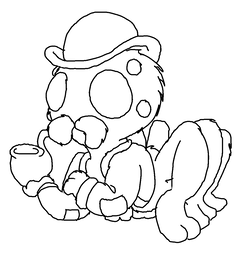 Teespring Store
Buy COOL Merch Teespring Store
Buy COOL Merch
AuthorBetty Adams is an up and coming author with a bent for science and Sci-fi. Archives
July 2024
|
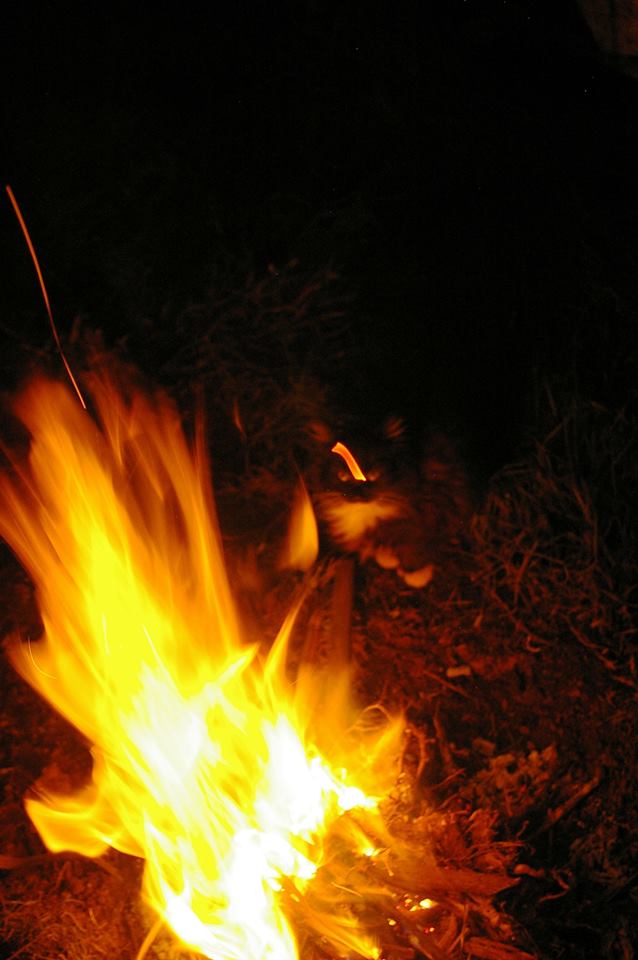
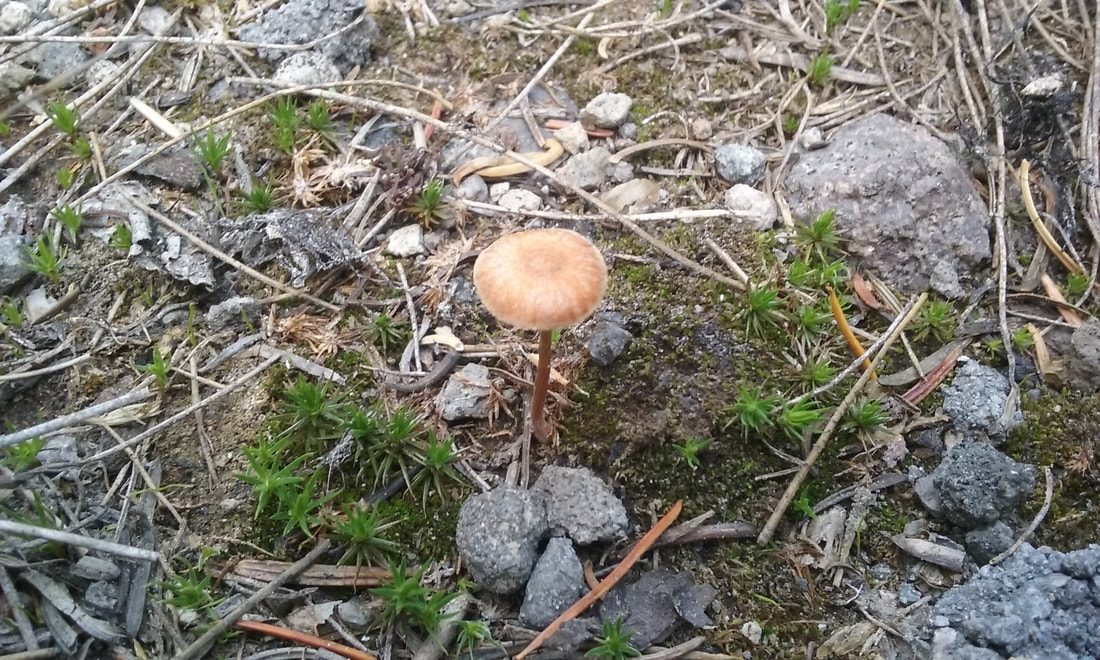

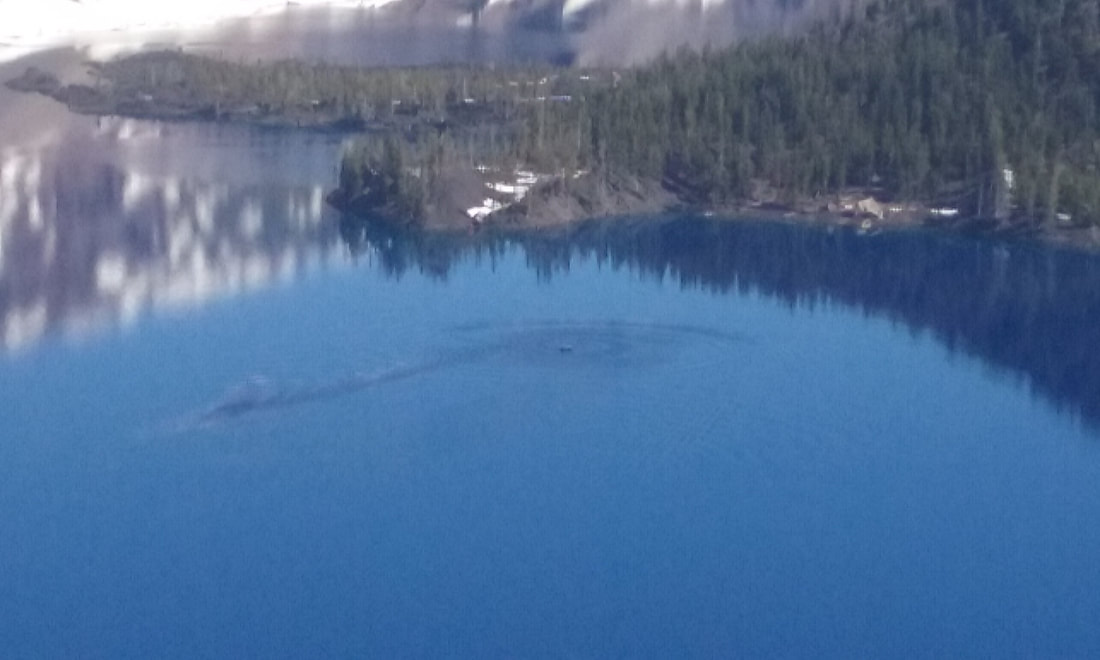

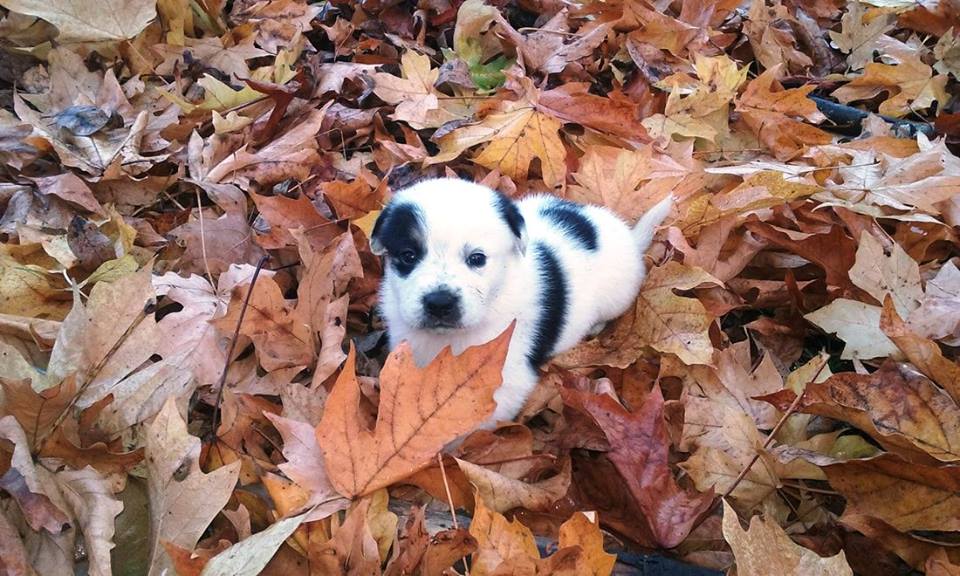
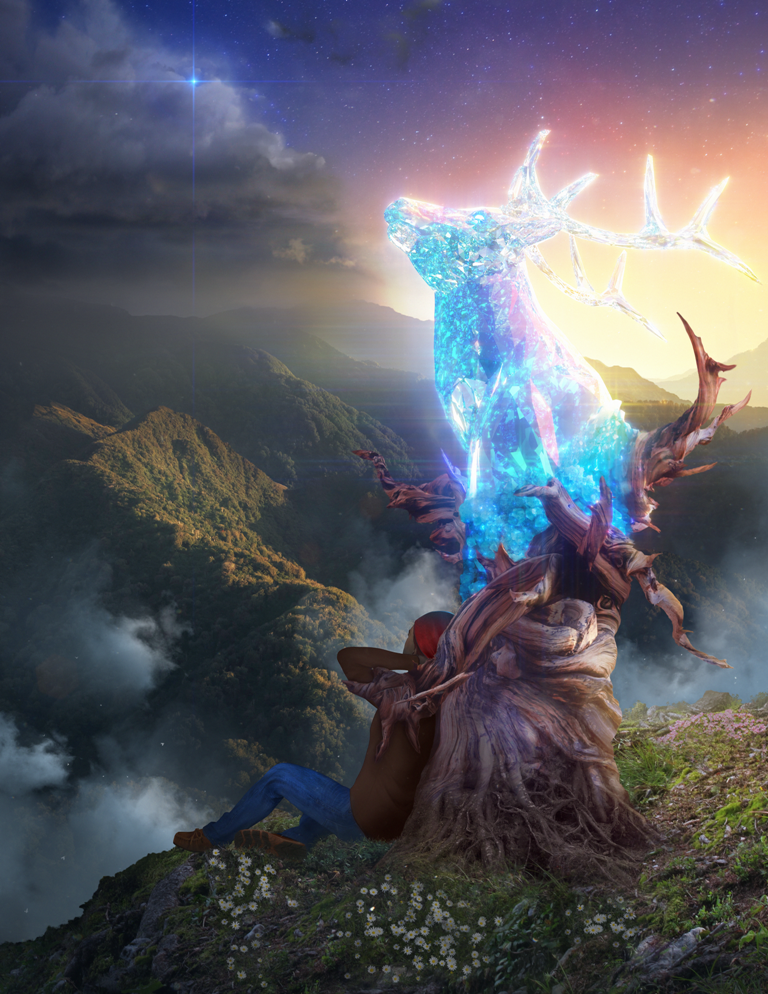
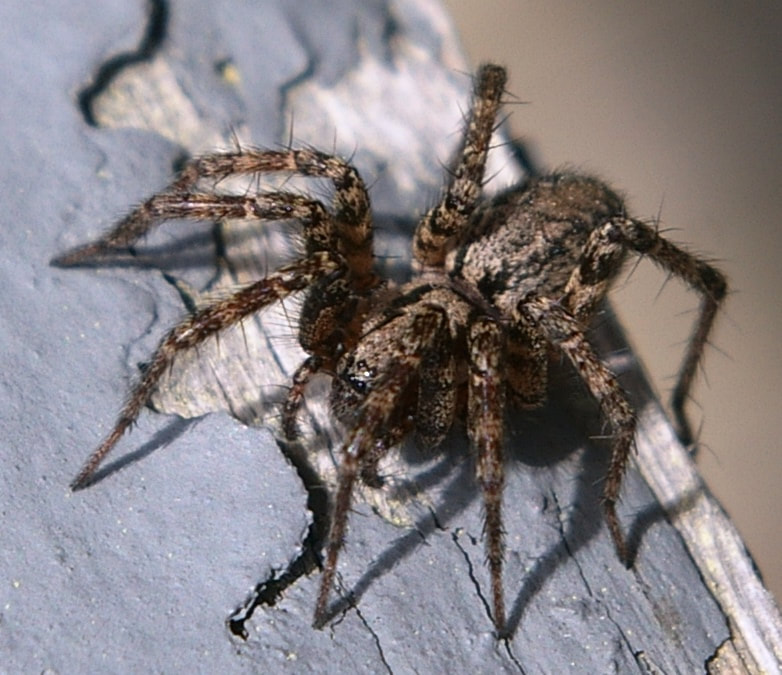
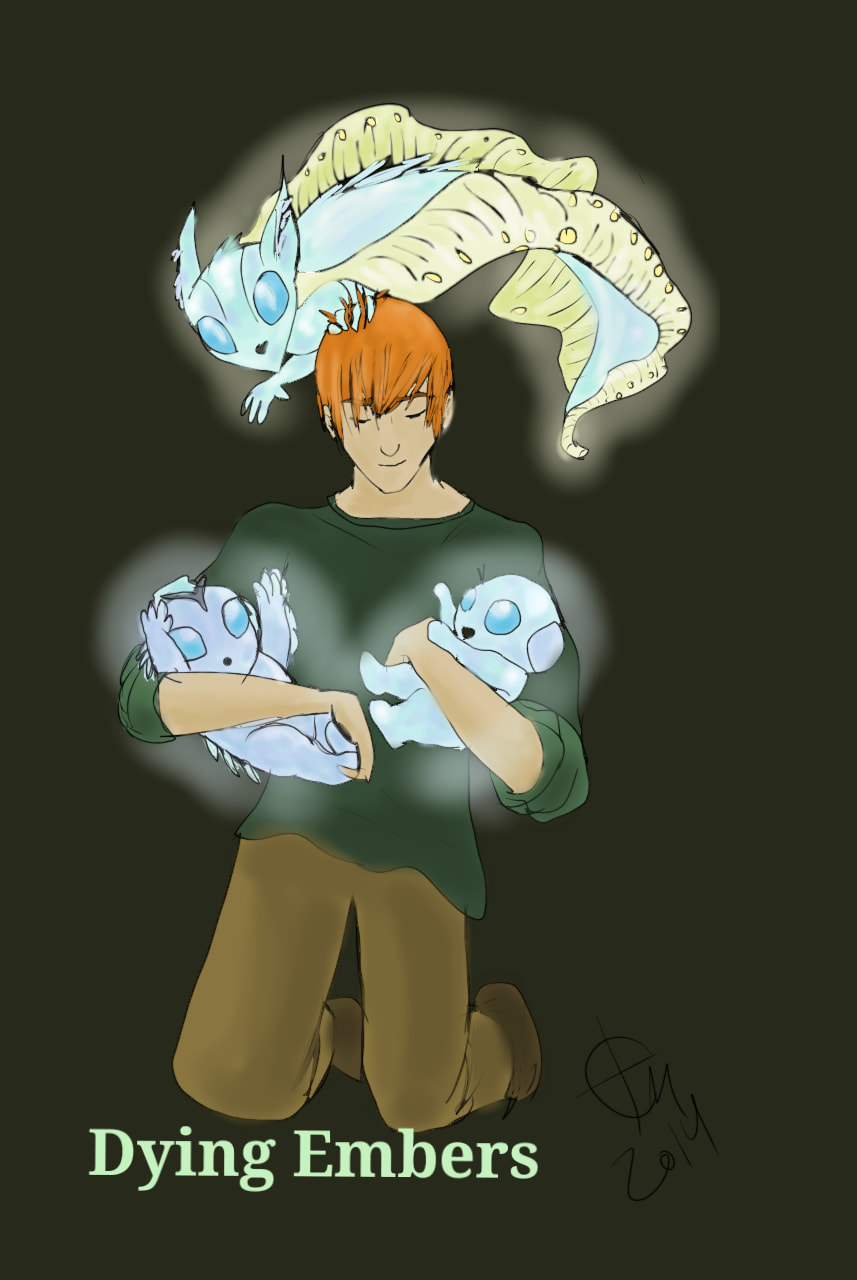
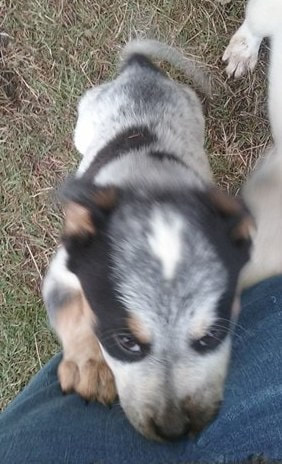
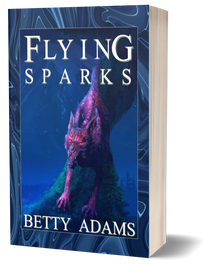
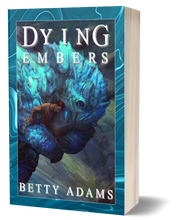
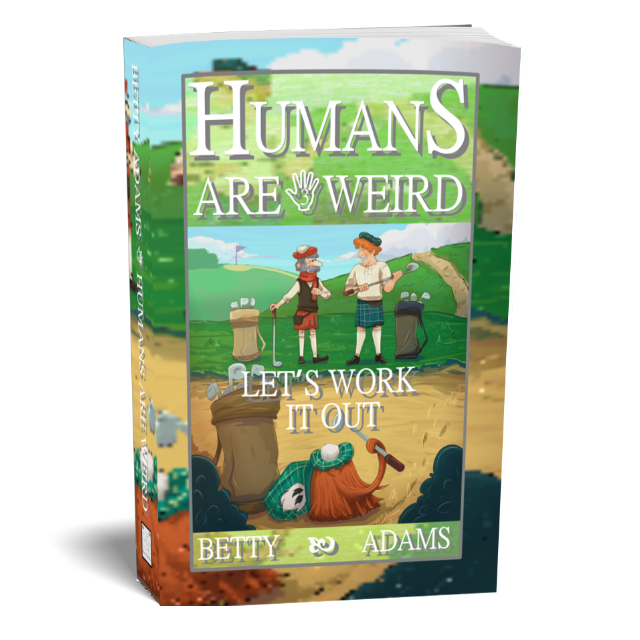
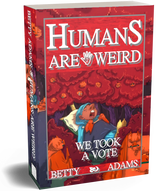
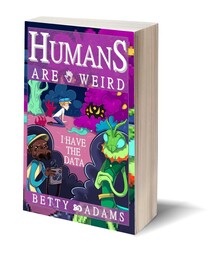
 RSS Feed
RSS Feed


